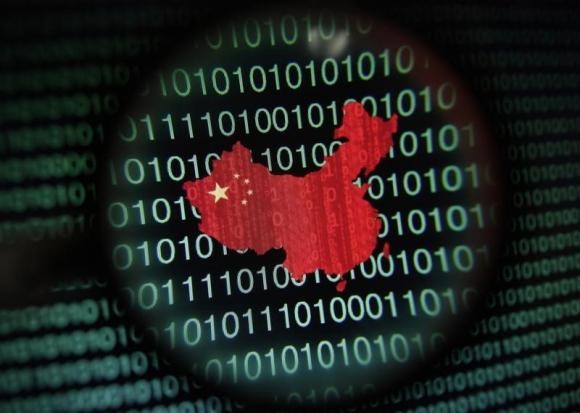China's top Internet technology companies have been hard at work since the Cyberspace Administration of China (CAC), China's official online regulatory body, released a statement at the start of February requiring users of digital information-exchange services, including blogs, micro-blogs, instant-messaging services and news comment sections, to use real names for their online identities.
Thursday's CAC statement announced the deletion of more than 60,000 online usernames that were deemed unacceptable from the Web entities of major names like Sina, Baidu and Tencent Holdings Ltd.
According to the CAC statement, 5,500 Sina Weibo accounts, including the "East Turkestan Islamic Movement" pro-terrorism account and profiles falsely claiming to represent the provincial governments of Guangdong and Anhui, were brought down.
Meanwhile, the dissemination of malicious and pornographic content was targeted by Baidu, which removed a total of 23,495 accounts, and Tencent's four platforms--Wechat, Weibo, QQ and Qzone--were scrutinized so that the breaches enacted by 25,836 accounts were enforced.
Pro-gambling and weaponry content were removed from the popular platforms of Tencent, which are some of the most heavily used across China.
This week's update on the CAC's stricter enforcement measures in the online realm precede the implementation of a new username regulation, which consists of 10 clauses, on the first day of next month.
The regulation will be released only a few days before the 12th National People's Congress (NPC) and National Committee of the 12th Chinese People's Political Consultative Conference (CPPCC) sessions, which will discuss the nation's most pressing issues, including the importance of upholding the rule of law.




























